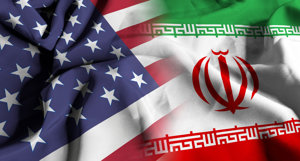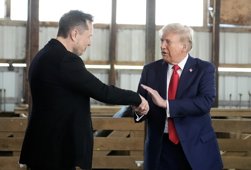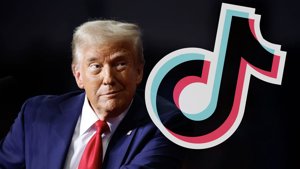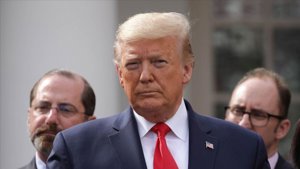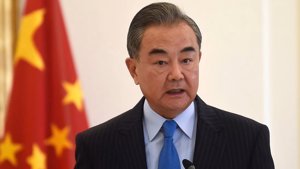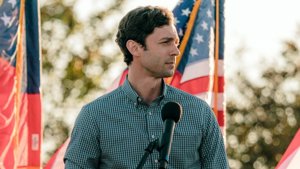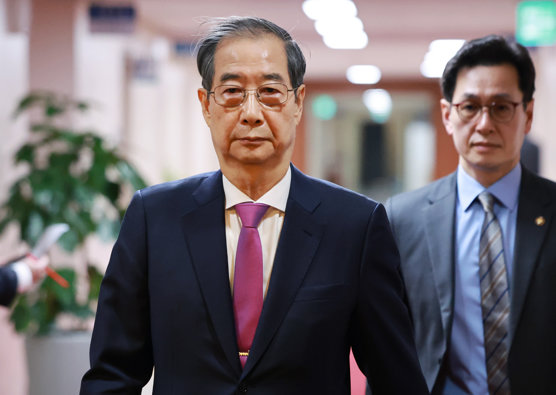
Trump, Han Discuss Tariffs and North Korea
South Korea’s acting President Han Duck-soo held his first official phone call with US President Donald Trump on Tuesday, marking the first direct communication between the two nations' leaders since the impeachment of former South Korean President Yoon Suk-yeol. The call, which lasted 28 minutes according to Yonhap, focused on key issues including bilateral cooperation, the North Korean nuclear threat, and the impact of Trump’s newly imposed tariffs.
The conversation took place just four days after Yoon was formally removed from office following his declaration of martial law in December, a move that triggered widespread political unrest and ultimately led to his impeachment. Han has since assumed the role of acting president and is working to stabilize both domestic and international relations.
Among the central topics of discussion was Trump’s announcement of a 25% trade duty on South Korean goods, part of a broader tariff policy aimed at rebalancing trade relationships. Despite expressing disappointment over the move, Han stated that his administration will approach the issue diplomatically and will not follow China’s path of retaliation.
In a CNN interview released the same day, Han emphasized that “fighting back will not improve the situation” and stressed that any three-way trade conflict involving China, South Korea, and the United States would not benefit Seoul. “We will negotiate [with Washington] in a cool way,” Han said, signaling a preference for steady dialogue over confrontational measures.
The statement comes in the wake of a trilateral meeting between trade ministers from China, Japan, and South Korea, who reportedly discussed joint responses to the US tariffs. While media reports claimed the three nations intended to coordinate their reactions, Han made it clear that Seoul’s path would diverge from Beijing’s. Whereas Tokyo and Seoul have both initiated talks with the Trump administration, China has pledged to “fight to the end.”
The phone call underscores the complex dynamics unfolding in East Asia as countries navigate shifting economic policies under President Trump’s leadership. With North Korea’s nuclear ambitions still looming and trade friction intensifying, the conversation between Han and Trump represents a cautious but critical step toward recalibrating regional stability and preserving key alliances.

